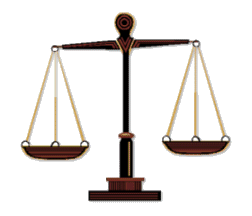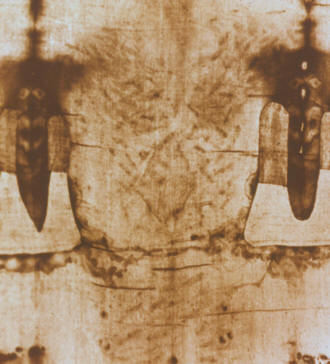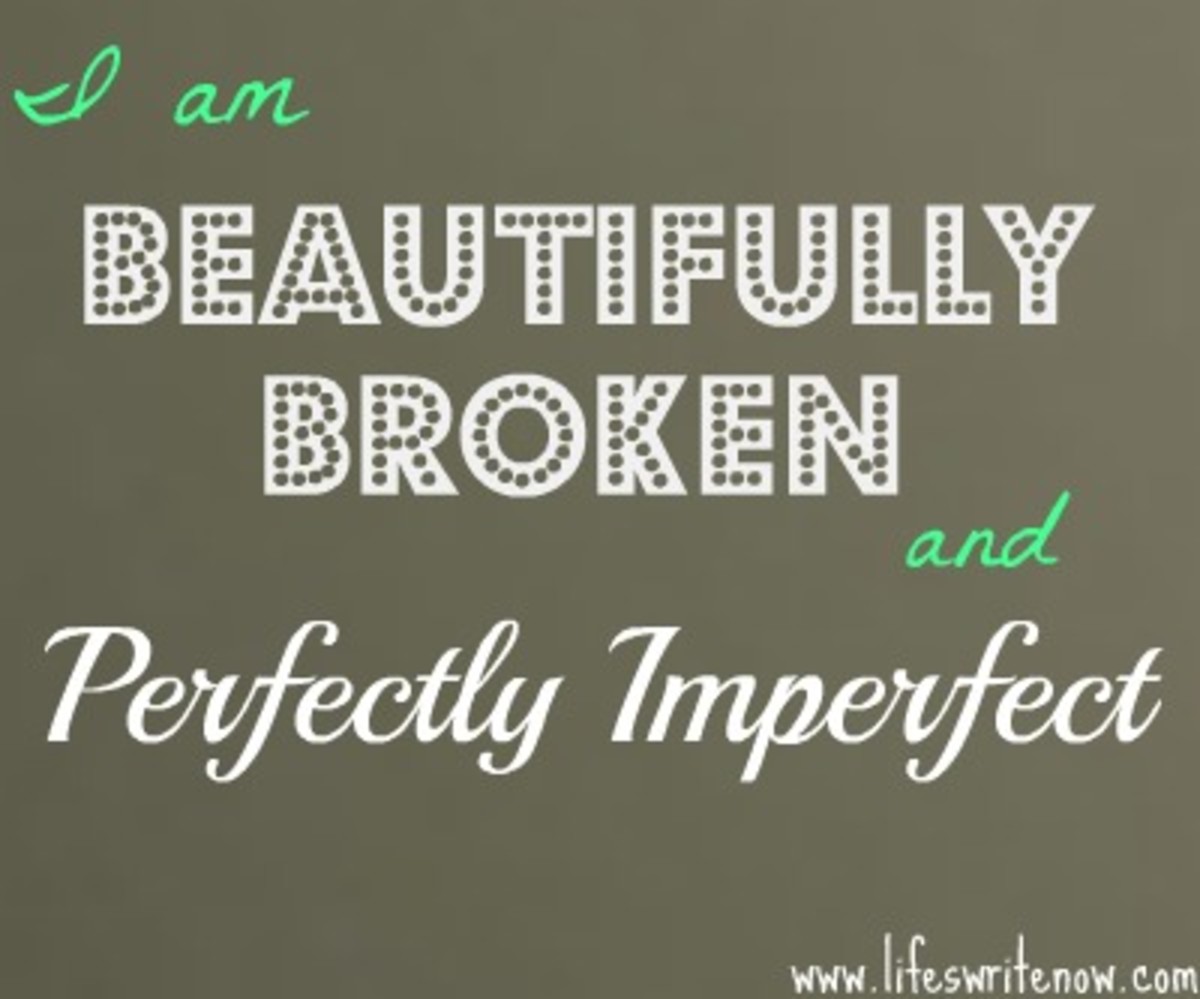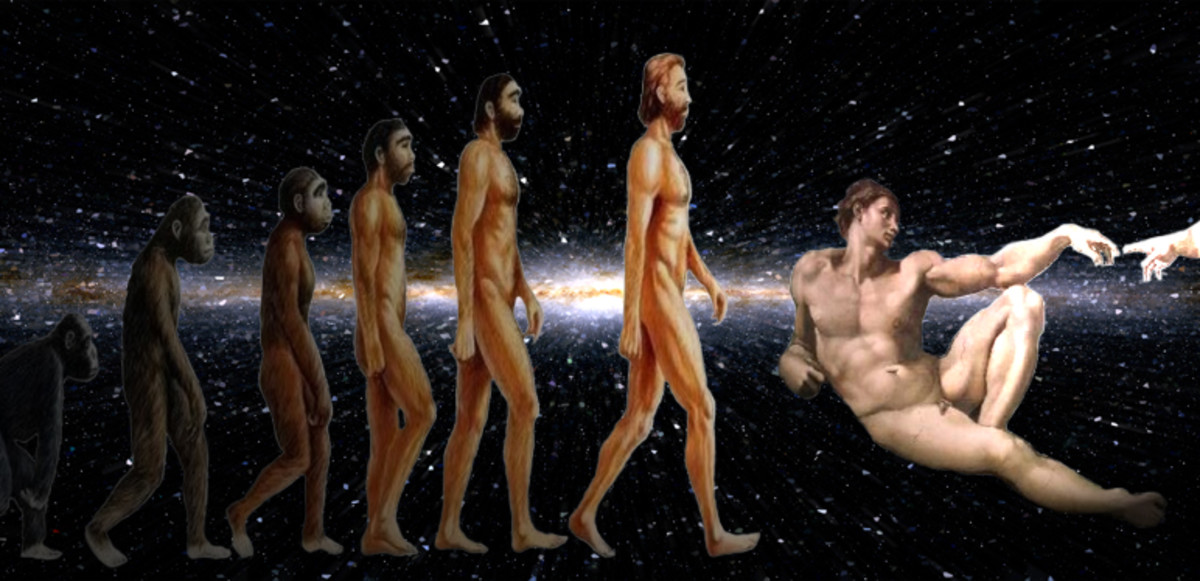Perfect Hatred
To Bible Believing Christians and Everyone Else
I know that God is good all the time. God cannot be anything except good. One other thing. I believe the Bible is true. So … how can a "good God" hate?
It appears that culturally, the word “Hate” is becoming the ultimate “bad thing”. The mere accusation of hatred can be devastating. As soon as I say I disagree with someone on a certain political or moral topic, they can cry “that’s hate” in an attempt to silence my opposition. And it may work. It has become an effective tactic in the past twenty five years or so. The very word “Hate” is, in and of itself, in some ways becoming “hate speech”.
We know that God is good all the time, and we know from 1 John 4:8 that God is love.
So, with our cultural bias against anything that has to do with “hate” and the fact that “God is love”, we might assume that all hatred is a “sin” … especially since we assume from our cultural bias that “all hate is bad.”
That is the assumption I’m challenging with this hub.

Love Requires Hate
The dictionary, defines “hate” as “an intense dislike”. So, logically, hatred requires a target. The target can be explicit (I hate broccoli). The target can also be implied, for example in the statement “Hatred is a problem”, the target of the hatred is “people”. In other words, it’s a short way of saying “Hatred of people is a problem”.
The question is not "is hate wrong?" Hate just "is". The quesiton is, "is it wrong to hate what you hate?"
Hate is the opposite of love only if that the target of hatred is truly in direct opposition to the target of the love. Jesus points this out in Luke 16:13: No servant can serve two masters; for either he will hate the one and love the other, or else he will be loyal to the one and despise the other.
Psalm 97:10 says, “You who love the Lord, hate evil…”
Since God is good, love for God necessitates the hatred of evil.
Imperfect love, results in imperfect hatred. Perfect love casts out tormenting fear. So, any hatred that leads to tormenting fear must be imperfect.
It is this imperfect hatred that leads to “fear”, and all of the various –isims that leads to the cry for “social justice”.

What God Hates
God is love and God is good. So that which God hates must be evil. Proverbs 6: 16-19 tells us: 16 These six things the Lord hates, Yes, seven are an abomination to Him: 17 A proud look, A lying tongue, Hands that shed innocent blood, 18 A heart that devises wicked plans, Feet that are swift in running to evil, 19 A false witness who speaks lies, And one who sows discord among brethren.
We know that God is love. And we God loves people (John 3:16). So, he hates those things which are harmful to people:
- Arrogant Pride – (Not the bold confidence the some call arrogance, but truly believing more of oneself than is true. Or, using one's social, political, or religious position to make yourself feel superior to mere mortals.)
- Lying
- Murder
- Planning to do harm to someone
- Actively seeking evil.
- Perjury – Which is kind of like lying. I think that’s why Solomon couldn’t decide if it was six or seven things in his list.
- Deliberately provoking people to hate each other.
Twice in the book of proverbs it says that God hates dishonest scales. One of those verses clarifies that he hates all dishonest measurement systems. (Proverbs 16:11 and Proverbs 20:23)
God hates what hurts us. God hates that which causes us to hurt each other. God hates that which causes us to withdraw from him.
I am divorced. That divorce, the process of being divorced, all the ways I was betrayed, falsely accused, taken advantage of… was, as anybody who has gone through a divorce, knows, extremely painful. It hurt me.
One of the most institutionally abused scriptures is Malachi 2:16: "For the Lord God of Israel says That He hates divorce,”
An entire culture has grown up in some churches that shun divorced people based on this scripture. The most painful admission I had to make, to myself, is that I had been an active part of that culture. By the judgment I judged others, I myself was judged, not by God, but my me.
It took God a long time to convince me that He didn’t hate me because I was divorced, to convince me that He really did want to pardon me, even for mis-judging others. He very gently showed me that He hates divorce because it hurts so badly. Reading the whole passage also shows that he hates domestic violence and betrayal within the marriage as well. He hates the whole evil mess because He loves us.
He hates the pain that it caused me, because He loves me. God calls us to love the things he loves, and hate the things he hates.
I think Zechariah 8:17 sums it up best: “Let none of you think evil in your heart against your neighbor; And do not love a false oath. For all these are things that I hate,' Says the Lord."

Recomended Reading
Prefect Hate, Perfect Fear, Perfect Love
We know from 2 Timothy 1:7: God has not given us a spirit of fear, but of power and of love and of a sound mind.
1 John 4:18 tells us: There is no fear in love; but perfect love casts out fear, because fear involves torment. But he who fears has not been made perfect in love.
So, what do we do with instructions like: You shall walk after the Lord your God and fear Him, and keep His commandments and obey His voice, (Deuteronomy 13:4).
We all know from our own experience that fear, love and hate are all related. So, how do we interpret this? Scripture is the best interpretation of scripture.
Proverbs 8:13 tells us The fear of the Lord is to hate evil;
We also know from both Proverbs 9:10 and Psalm 111:10 that The fear of the Lord is the beginning of wisdom.
The Fear of the Lord then, is perfect fear. It is not the tormenting uncertainty that we normally consider “fear” (i.e. fear as used in 2 Timothy and 1 John) but instead it is wise, active, vehement avoidance of evil: A prudent man foresees evil and hides himself; (Proverbs 27:12)
God’s perfect hatred is for those things that harm us, that interfere with our loving relationships with each other, and most of all, for those thoughts, attitudes and actions that drive us away from His love for us.
These thoughts, attitudes and actions that harm us, destroy our relationships, and drive us away from a loving God are a large part of what is called “sin”… now consider that perfect hatred of sin, when we read 2 Corinthians 5:21: For He made [Jesus] who knew no sin to be sin for us, that we might become the righteousness of God in Him:








